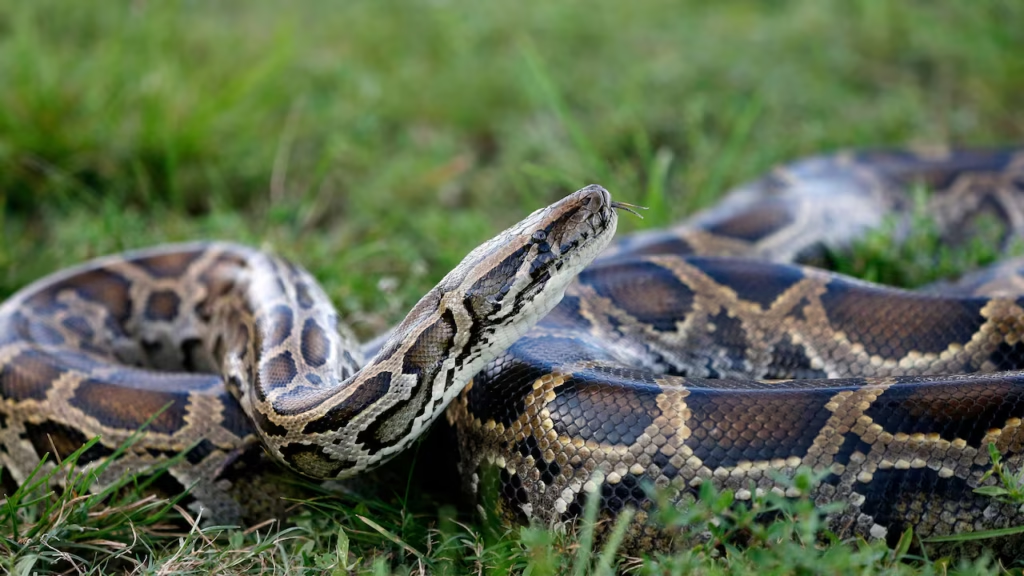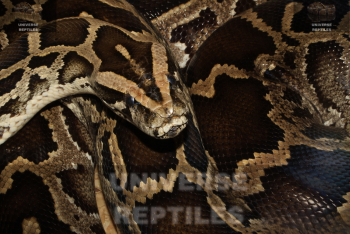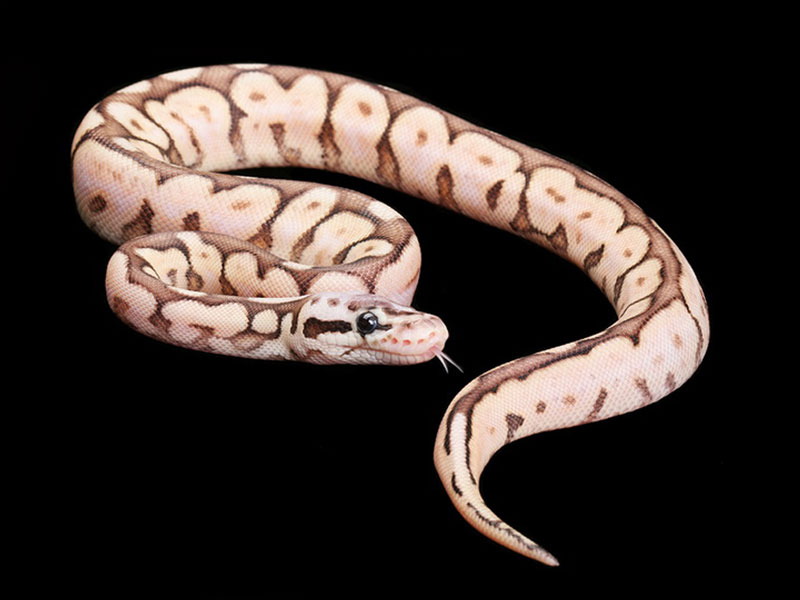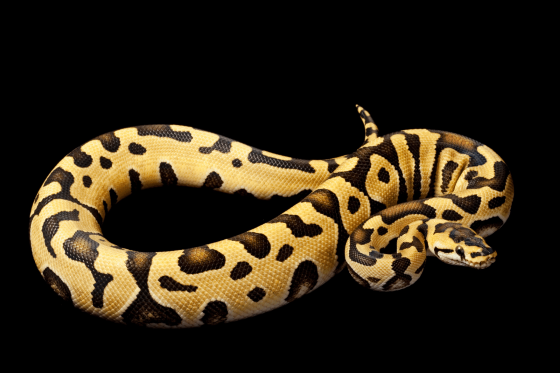If you own a ball python, you may wonder how long can pythons go without eating? This is a common concern, especially when your snake suddenly stops eating. As a reptile owner with years of experience, I’ve faced this situation multiple times and understand how worrying it can be.
The good news is that ball pythons are naturally built to survive long periods without food. Their slow metabolism allows them to go weeks or even months without eating, depending on their age, size, and overall health. However, it’s important to know when fasting is normal and when it could indicate a problem.
In this guide, I’ll share expert insights, practical advice, and key signs to watch for so you can ensure your python stays healthy and stress-free during this time.
My Experience with Ball Pythons Going Without Food
When I first got my ball python, I was worried about how often it needed to eat. Like many new owners, I believed that skipping meals could make my snake sick. However, I soon learned that ball pythons have unique feeding habits, and it’s completely normal for them to go without food for weeks or even months under certain conditions.
One of my ball pythons once refused to eat for nearly four months, yet it remained healthy and active. This experience taught me that patience and understanding are key when caring for these amazing reptiles. If you’re wondering how long a ball python goes without eating, the answer depends on factors like age, size, and health. Knowing this can help you stay calm and ensure your snake remains safe during fasting periods.
How Long Can a Ball Python Survive Without Food?
Ball pythons are naturally adapted to survive long periods without food, especially in the wild, where food isn’t always available. In colder months, they may go weeks or even months without eating. A healthy adult ball python can typically last several weeks to months without food, and in extreme cases, some have survived for six months to a year.
However, young or underweight pythons don’t have the same fat reserves as adults, so they shouldn’t be left without food for long. If your python stops eating, it’s important to monitor its weight and overall health to ensure it remains safe. Understanding how long pythons can go without eating can help you make the right decisions for your pet’s well-being.
Why Do Ball Pythons Stop Eating?
If your ball python has stopped eating, there could be several reasons behind it. To understand the causes and find solutions, check out our detailed guide: Why Ball Pythons Stop Eating and How to Fix It.
Based on my experience, the following are the most common reasons why a ball python stops eating:
- Seasonal Changes: Most ball pythons, in their natural state, hibernate during the cold seasons.
- Stress: A new environment, excessive handling, or improper husbandry can make your snake feel unsafe, leading to food refusal.
- Shedding: Ball pythons often lose their appetite when they are about to shed.
- Illness or Parasites: If your snake stops eating for an extended period and also shows signs of weight loss, lethargy, or irregular shedding, a vet visit may be necessary.
- Prey Preferences: Some snakes prefer live prey over frozen-thawed rodents or have specific size preferences.

How Long Can Snakes Go Without Eating?
While my focus is primarily on ball pythons, it’s important to note that different snake species have different fasting abilities. Some larger snakes, like boas and pythons, can survive up to a year without food, while smaller species have shorter fasting tolerances. For example:
- Corn Snakes:** Can live **2-3 months** without eating in extreme cases.
- Boa Constrictors:** Can survive up to **a year** without eating if necessary.
- Wild Snakes:** Typically goes **weeks or even months** without eating, depending on food availability.
What to Do If Your Ball Python Stops Eating
If you notice that your ball python has refused food, don’t panic. Here are some steps you can take to help your snake resume eating:
- Check Husbandry Conditions: Ensure temperature (88-92°F for the warm side, 75-80°F for the cool side) and humidity (50-60%) are optimal.
- Different Prey Offer: Try a smaller or larger rodent, alternate between live and frozen-thawed, or even scent the prey with a different animal such as a chick.
- Cutting Down Handling: If your snake is stressed, avoid any handling for a few days.
- Just Wait: If your python is healthy and not losing weight, it might be a seasonal fast. Wait.
- Vet Check: If your snake has lost significant weight or shows other signs of illness, consult a reptile vet.
Final Thoughts
From my personal experience, the key takeaway is “not to panic” when your ball python refuses food. Understanding their natural fasting behavior will help you stay calm and take the right steps. Ball pythons can naturally go without food for months, and in most cases, they start eating again when they are ready.
At Universe Reptiles, we provide expert tips and guidance to help reptile owners care for their pets. Whether you’re dealing with feeding issues, habitat setup, or general reptile care, we are here to help you solve these challenges.








